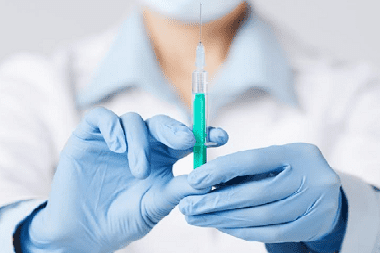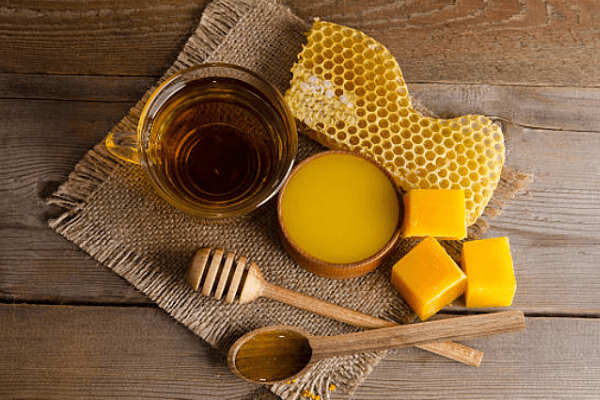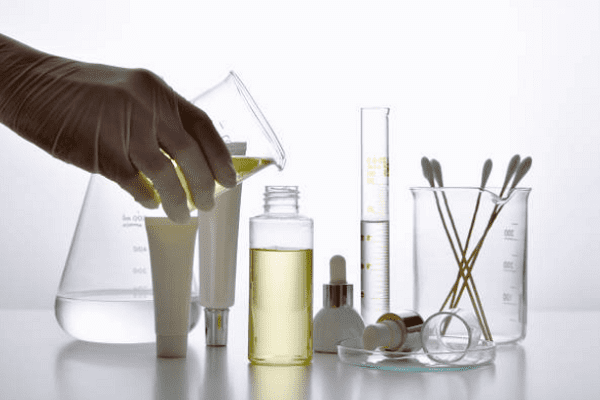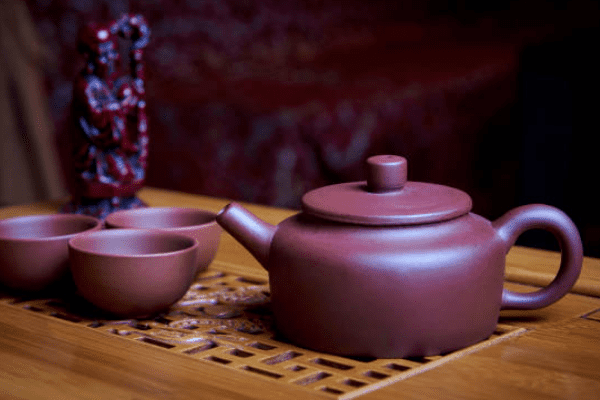Immunology and Allergology >>>> Vaccine against pneumococcal infection
Vaccine against pneumococcal infection.

Vaccination against pneumococcal infection prevents morbidity in all age groups and is the prevention of pneumococcal infection, one of the most common bacterial infections. It is especially important to vaccinate in risk groups: among people with poor health, reduced immunity, suffering from chronic diseases that weaken the body, among children in the first years of life and the elderly, in whom pneumococcal infection is especially difficult.
The importance of vaccination against pneumococcal infection is determined by the fact that many of the serotypes (strains) of pneumococcus have developed resistance to antibiotics, which makes it difficult to treat and select an effective antibiotic therapy in the midst of the disease.
The vaccine against pneumococcal infection is represented by several types: polysaccharide vaccine Pneumo-23, conjugated vaccine Prevenar, conjugated vaccine Synflorix. Vaccines differ in the set of pneumococcal serotypes.
The choice of vaccine and the vaccination schedule depend on the age of the person who is going to be vaccinated:
- For children, Prevenar is used from the age of three months, Pneumo-23 only from the age of two.
- For adults (not vaccinated in childhood), use a one-stage vaccination with revaccination after 3-5 years according to indications.
The vaccination scheme is classic in four stages (for Prevenar and Sinflorex):
- The first stage is at three months,
- The second stage is at 4.5 months,
- The third stage is at 6 months,
- The fourth stage (revaccination) is one and a half years.
If the early age period of vaccination is missed, then:
- Starting from seven months, a three-stage vaccination is carried out (two injections with a break of two months plus the third injection (revaccination) in a year and a half),
- Starting from one year, double vaccination is carried out with an interval of at least two months,
- Starting from two years of age, one-time vaccination is carried out. Revaccination is carried out after 3-5 years according to indications.
Sometimes in risk groups, starting from the age of two, the sequential use of two types of vaccines (polysaccharide and conjugate) is recommended to cover a larger number of pneumococcal serotypes.
Side effects (redness at the injection site, soreness of the injection site, sometimes fever) are minor and do not cause complications.
Contraindications to vaccination are poor health, an acute current illness, a chronic illness in the flare-up stage, hypersensitivity to diphtheria toxoid and other components of the vaccine.

Read

Read


























